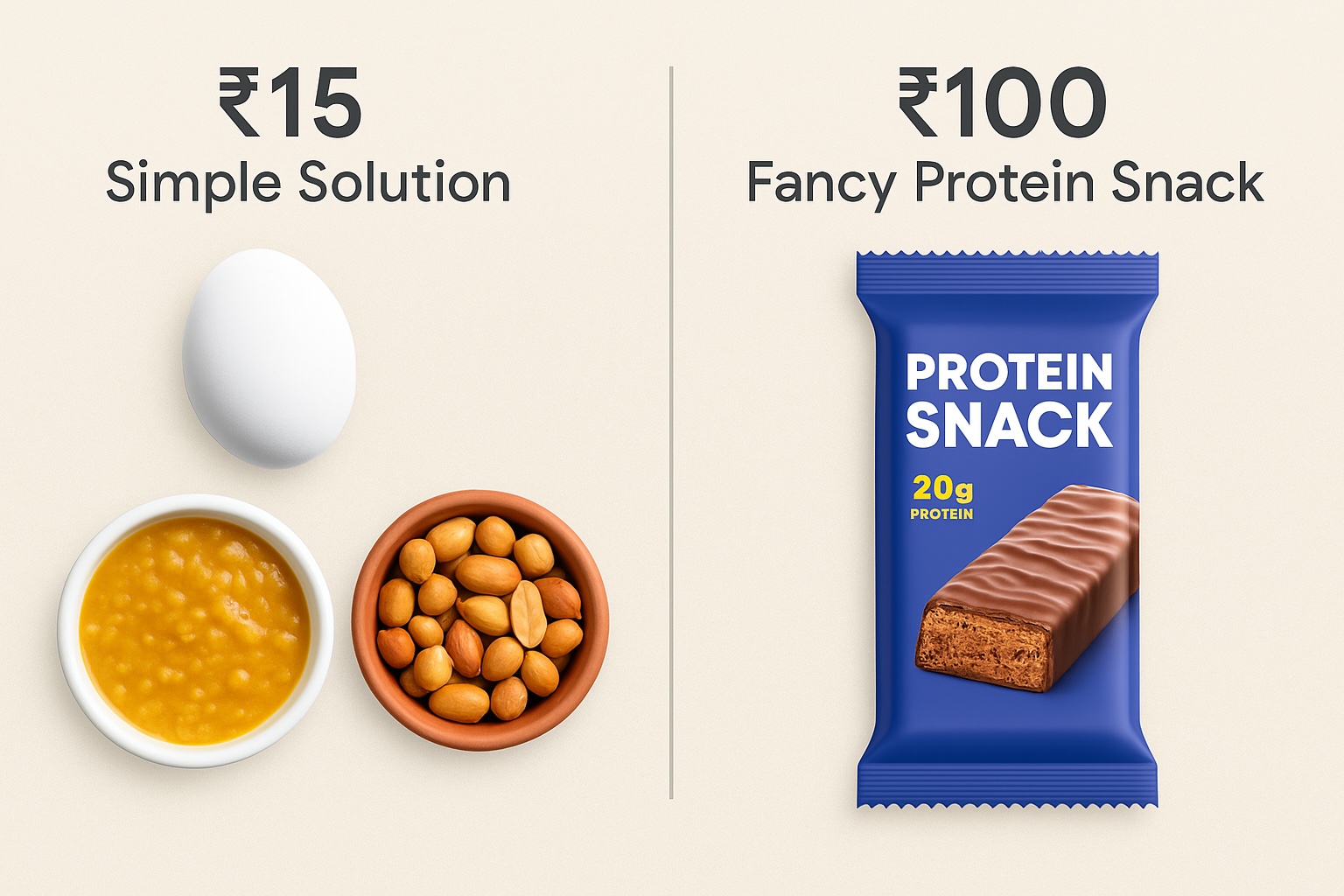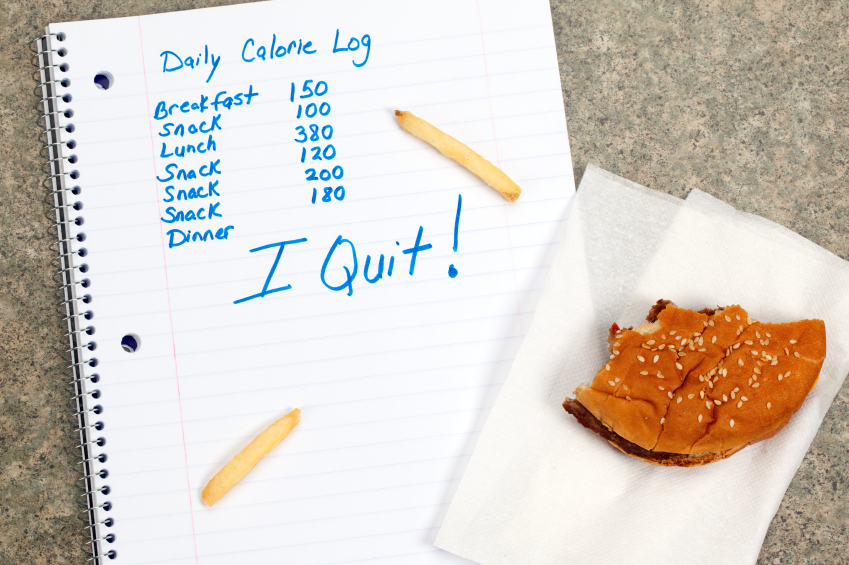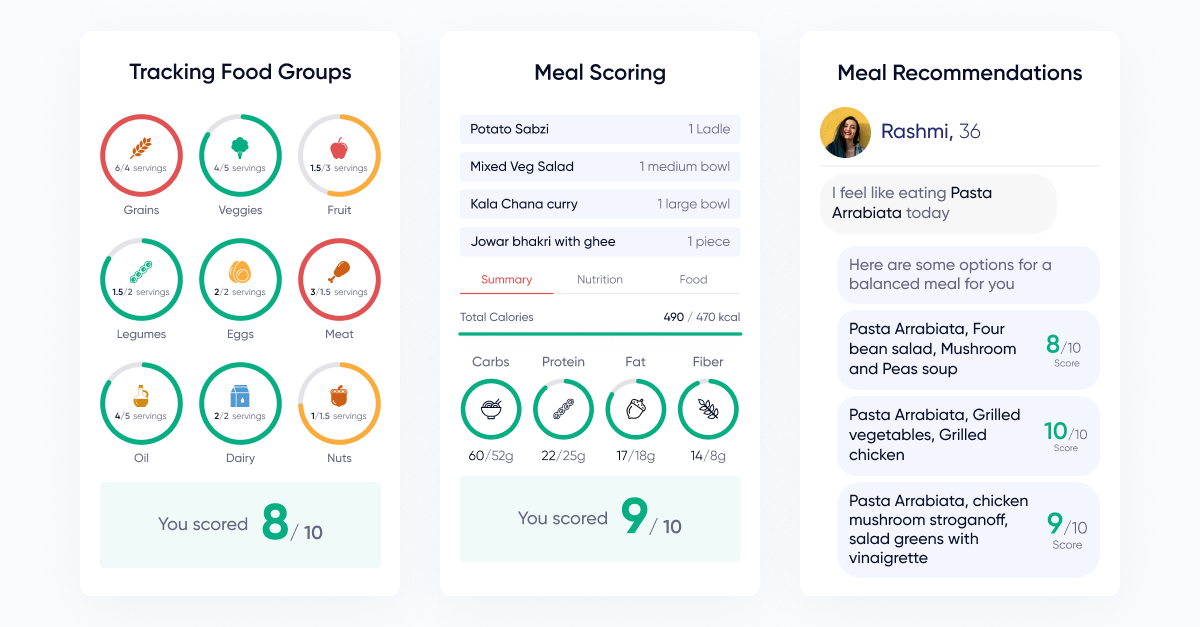
Do you really need to add a boiled egg or paneer to every meal? Let’s break it down with science and context.
Protein is an essential macronutrient that supports muscle repair, immunity, hormones, and overall health. But the real question most people struggle with is: how much protein is enough for me?
The internet is full of extreme recommendations — from “eat a boiled egg with every meal” to “double scoop protein shakes every few hours.” The truth is far simpler.
For an average individual with a daily calorie goal of ~2000 calories (youth to middle age):
👉 That means protein intake comes to 400 calories = ~100 grams of protein per day.
This is more than 1 gram of protein per kg of body weight for most individuals, which is already above the recommended daily allowance.
So if your plate has more carbs than protein — it is supposed to!
Carbs and fats still make up the majority of your diet.
📌 Exception:
The second way is to calculate protein needs as:
💡 WHO’s recommendation is even lower — 0.84 g per kg body weight.
So even this “1g/kg” approach is already on the higher side.
Whichever way you look at it, protein usually ends up at ~20% of daily calories.

The percentage of calories from protein varies widely across foods:
This is why traditional food wisdom paired ingredients smartly — rice with dal, roti with paneer, hummus with bread — to ensure you got all essential amino acids.
Not at all.
Protein can be balanced over the entire day, not crammed into every meal. Adding paneer or eggs to each plate is unnecessary unless you’re struggling to meet daily protein goals.
Instead, think of your diet in terms of:
Instead of obsessing over boiled eggs and protein shakes, focus on:
✅ Balanced meals — e.g., French fries + salad + grilled chicken can be part of a healthy plate when portioned right.
✅ Using protein-rich sides when needed (paneer, eggs, legumes).
✅ Trusting chefs and traditional food wisdom, not fear-based influencer advice.

🔑 Follow data, not fear. Nutrition is about balance, not extremes.





